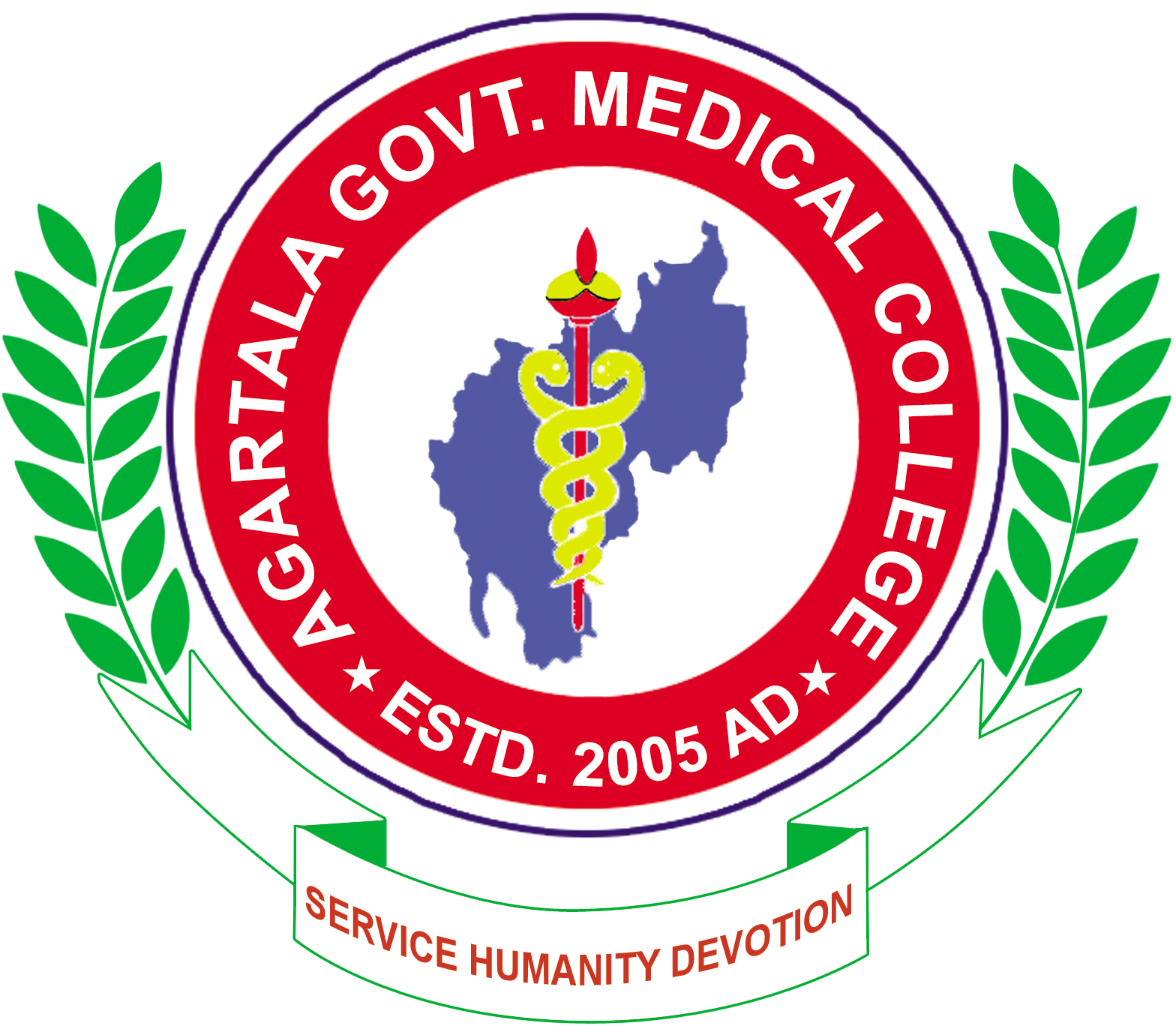DEPARTMENT OF TRAUMA
The Department of Trauma at AGMC is dedicated to providing specialized care for patients with traumatic injuries. This department focuses on the immediate and comprehensive management of trauma cases, including both accidental and non-accidental injuries. The goal is to stabilize patients, provide effective treatment, and ensure optimal recovery.
1. Academic Curriculum
The department offers education and training for undergraduate (MBBS) and postgraduate (MS Orthopaedics and Trauma) students. Key areas of study include:
- Trauma Assessment: Techniques for the rapid assessment of trauma patients, including the use of the Advanced Trauma Life Support (ATLS) protocol.
- Surgical Trauma: Management of traumatic injuries requiring surgical intervention, including fractures, internal injuries, and complex trauma cases.
- Emergency Care: Principles of emergency care for trauma patients, including resuscitation, stabilization, and critical care.
- Orthopaedic Trauma: Specialized training in the management of bone fractures and musculoskeletal injuries.
- Rehabilitation: Strategies for the rehabilitation of trauma patients, including physical therapy and long-term care planning.
- Trauma Prevention: Study of injury prevention strategies and public health initiatives aimed at reducing trauma incidents.
2. Clinical Services
The Department of Trauma provides a comprehensive range of clinical services:
- Trauma Care Unit: 24/7 care for trauma patients, including emergency assessment, stabilization, and treatment.
- Emergency Surgery: Immediate surgical intervention for traumatic injuries, including laparotomies, thoracotomies, and orthopedic surgeries.
- Critical Care: Intensive care for severely injured patients, including monitoring and management of life-threatening conditions.
- Orthopaedic Trauma Management: Specialized care for fractures, dislocations, and other musculoskeletal injuries.
- Rehabilitation Services: Post-trauma rehabilitation, including physical therapy, occupational therapy, and psychosocial support.
3. Faculty
The department is led by experienced trauma surgeons and specialists:
- Head of Department (HOD): Dr. [Name], MS (Orthopaedics and Trauma), specializing in [specialization], leading the department’s trauma care services and educational programs.
- Senior Faculty Members: Experts in trauma care, including trauma surgeons, orthopaedic specialists, and critical care physicians.
4. Workshops, Seminars, and Conferences
The department organizes educational events to advance knowledge and skills in trauma care:
- Workshops on Trauma Management: Hands-on training in trauma assessment, emergency surgery, and critical care techniques.
- Seminars on Trauma Care: Discussions on current trends, case studies, and innovations in trauma management.
- Conferences on Trauma Surgery: Exploration of new research, technologies, and best practices in trauma care and orthopaedics.
5. Facilities and Resources
The Department of Trauma is equipped with state-of-the-art facilities:
- Trauma Resuscitation Area: Dedicated space for the rapid assessment and stabilization of trauma patients.
- Surgical Theatres: Equipped with advanced surgical tools and technology for trauma-related surgeries.
- Critical Care Unit: Intensive care facilities for monitoring and managing critically injured patients.
- Orthopaedic Trauma Clinic: Specialized clinic for the treatment and follow-up of musculoskeletal injuries.
- Rehabilitation Unit: Facilities for post-trauma rehabilitation and recovery, including physical therapy and support services.
6. Research and Publications
The department is actively involved in research to improve trauma care and management:
- Trauma Research: Studies on new treatment protocols, injury prevention, and patient outcomes in trauma care.
- Orthopaedic Research: Investigation into advanced surgical techniques, fracture management, and musculoskeletal rehabilitation.
- Publications: Faculty members contribute to scientific journals and conferences with research findings and clinical insights.
7. Student Involvement
Students are actively engaged in practical training and research:
- Clinical Rotations: Hands-on experience in the trauma unit, including patient assessment, treatment, and surgical procedures.
- Research Projects: Opportunities to participate in research related to trauma care, surgical techniques, and patient outcomes.
- Educational Activities: Involvement in workshops, seminars, and case discussions to enhance understanding of trauma management.
8. Community Outreach Programs
The department is committed to improving trauma care and prevention through outreach initiatives:
- Trauma Awareness Campaigns: Educating the community about trauma prevention, first aid, and emergency response.
- Emergency Response Drills: Organizing drills and simulations to prepare for large-scale trauma incidents and disasters.
- Health Camps: Conducting community health camps to provide basic trauma care and medical education.
9. Future Directions
The Department of Trauma at AGMC aims to:
- Enhance Trauma Services: Invest in advanced technologies and improve trauma care processes.
- Promote Research and Innovation: Foster research in trauma care and orthopaedic surgery to advance patient outcomes.
- Expand Community Outreach: Increase outreach programs and educational initiatives to enhance trauma prevention and response.
- Advance Education and Training: Develop new educational programs and training opportunities to stay current with advancements in trauma care.


